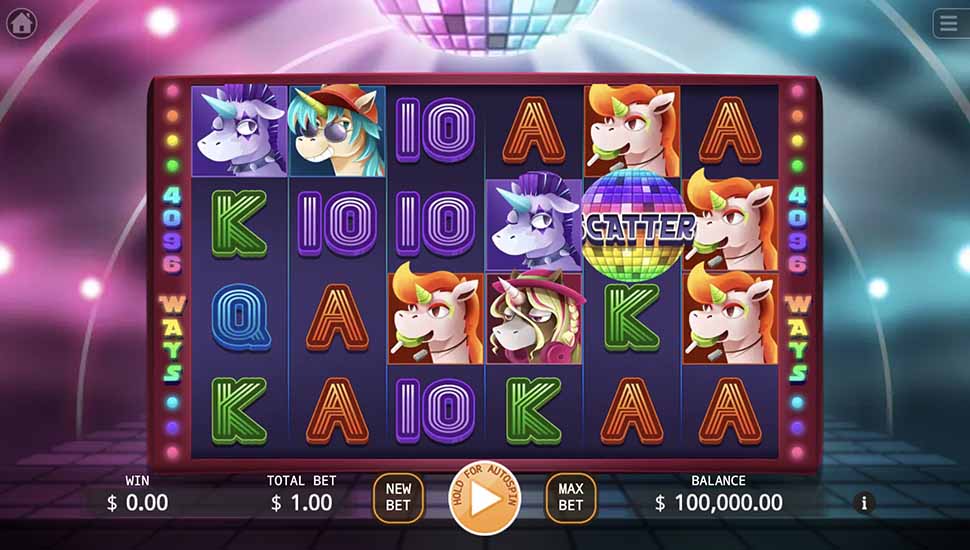The Alcohol-Depression Connection: Symptoms, Treatment & More
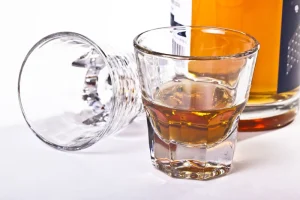
Drinking small amounts of alcohol can have some cardiovascular benefits, but excessive drinking can harm the heart and blood vessels. Alcohol can increase blood pressure and triglycerides, potentially contributing to the risk of heart disease and stroke. This is why you often feel down or anxious the morning after a night’s drinking. Alcohol use disorder (AUD), or alcohol addiction or alcoholism, is a chronic relapsing brain disease.
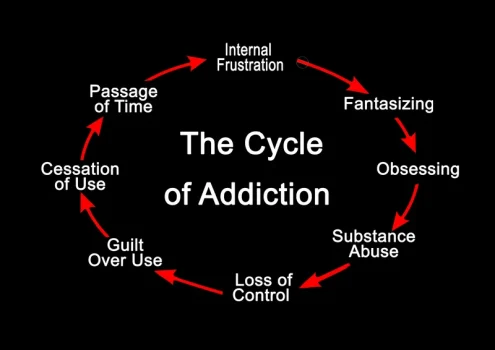
Why Is Alcohol A Depressant When It Makes Me Happy?

Our programs take a dual-diagnosis treatment approach, addressing both alcohol dependence and feelings of depression to ensure comprehensive care tailored to each client’s individual needs. Chronic alcohol consumption also has significant negative effects on physical health, including the development of liver disease, heart disease, and high blood pressure. These health problems can exacerbate feelings of despair and helplessness, creating a cycle that is difficult to break. Additionally, alcohol can weaken the immune system and impair the body’s ability to recover from stress, further compounding physical and emotional struggles.
- For someone with depression, this can exacerbate feelings of guilt, shame, and self-loathing.
- While naps can be effective in boosting your energy, they can also reduce your build-up of sleep pressure throughout the day.
- The most common treatment options are included below, but know that recovery requires a personalized treatment plan that best suits your mental health needs.
- The lowered inhibitions that are mentioned above can lead a person to make decisions that normally wouldn’t be made.
- If you think you have a problem with either, talk to your doctor or therapist.
- Looking at participants who were the same age and sex, those with a depression diagnosis developed these long-term health issues at a 30% faster rate.
How reducing alcohol can improve depression
Alcohol dramatically impacts the quality and quantity of rest you get, further contributing to hangover symptoms. Hangover anxiety can also arise as the brain adjusts to the mental effects of alcohol. Drinking floods the brain with the neurotransmitter (brain chemical) gamma-aminobutyric acid (GABA), which contributes to feelings of short-term relaxation. It also inhibits another neurotransmitter, glutamate, which regulates mood. The depressed study participants who were considered heavy drinkers exhibited even worse outcomes from depression treatment. Furthermore, mild to moderate amounts of alcohol has appeared to worsen depression.
Health Conditions
“This dichotomy does not reflect people’s own lived experience, and doctors and other healthcare professionals need to get better at considering people’s problems more holistically,” he said. This can make it more difficult to fall asleep at night, meaning you could revert back to your late bedtime again. This means your nighttime awakenings will increase and you won’t feel as well rested the next day. While the initial sedative effects make it easy to fall asleep, you’ll spend more time in light sleep, rather than the more restorative stages, like deep sleep and REM. While previous studies have proven the same, we can also understand this link in terms of the sleep stages. We experience around 3-5 sleep cycles every night, made up of sleep stages.
- This could have a carryover effect on depression since loneliness and lack of social support are linked to depression.
- It can also mean finding a personal therapist, or a recovery coach.
- Almost 30 percent of Americans will experience alcohol use disorder at some point in their lifetimes.
- Depression can also be directly caused by alcohol in the case of a substance-induced disorder.
- The presence of depression and alcohol use disorder suggests that you have a co-occurring disorder.
Highly Sensitive Person (HSP)
Depression is a common and serious mood disorder, which can impact your thoughts, feelings, and behaviors. In the United States alone, an estimated 17.3 million adults have had at least one major depressive episode. Alcohol use disorders may be mild, moderate, or severe, depending on the combination of symptoms you’re experiencing, but drinking problems can exist regardless of a clinical diagnosis. Alcohol misuse and depression are serious conditions that you shouldn’t ignore. If you think you have a problem with either, talk to your doctor or therapist. There are lots of choices when it comes to medication that drug addiction treatment treats depression, and there are drugs that lower alcohol cravings and counter the desire to drink heavily.
Taking some time for productive relaxation can also help ease feelings of depression. If you wake up feeling miserable after a night of drinking, you don’t have to wait it out. Here are a few strategies to help you lift your spirits in the moment. When you regularly turn to alcohol to manage challenges and negative feelings, you may not take other actions that could help you address those problems effectively. You might feel depressed after drinking because alcohol itself is a depressant. During therapy, you can learn coping mechanisms that can help you return to life without drinking.
Standard drink tool
This not only impacts energy levels but also worsens the body’s ability to regulate mood. Yes, but it can also interfere with a person’s sleep-wake cycle and keep a person from receiving enough REM sleep. Drinking is known to create various physical consequences – such as dehydration and nausea which can also keep a person from receiving peaceful sleep. Poor sleep is also able to easily affect a person’s mood the next day. Lingering physical symptoms such as exhaustion can make it difficult to concentrate, overall making a person feel pretty low. People with depression can turn to alcohol as a way to self-medicate, and excessive alcohol consumption can make depression symptoms worse.
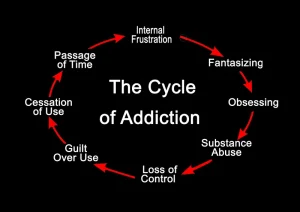
Generic Heart Pill Shows Early Promise for Alcohol Use Disorder
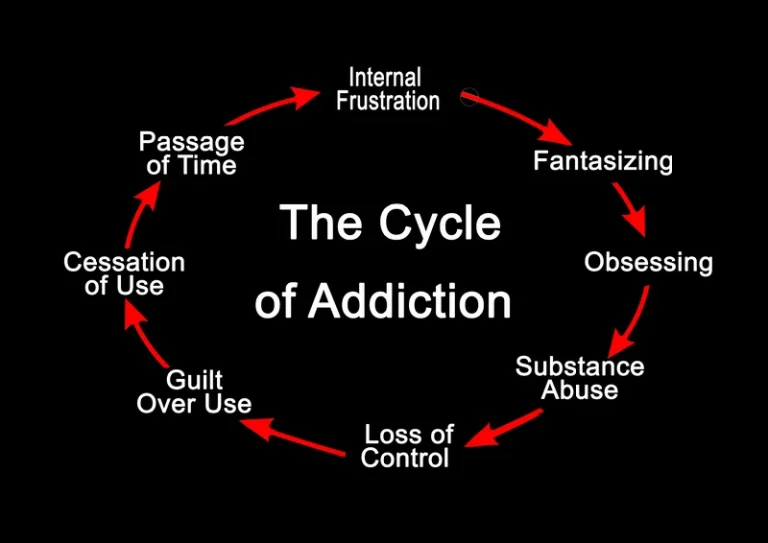
«Alcohol makes us feel drunk and confused because alcohol makes the cells drunk and nonfunctional.» Because of this shared connection, treatment for both should include a diet to improve gut function and reduce endotoxin load that contributes to neuroinflammation. Following a Mediterranean diet rich in omega-3s, for example, might be one recommendation.
- As you increasingly depend on alcohol for pleasure, you will find other activities less enjoyable.
- And all of this is true despite the well-known and well-publicized risks of drinking too much alcohol.
- They can also lead to symptoms of anxiety, decreased self-esteem, difficulty sleeping, aggression, and more.
- If you tend to rely on alcohol to ease anxiety in social situations, for example, you might never address the underlying causes of your discomfort.
A dual diagnosis refers to having both a substance use disorder and a mental health condition, such as depression or anxiety. In addiction treatment, this term highlights how mental health and substance abuse can fuel each other. For example, using alcohol to cope with depression may worsen mental health, creating a destructive cycle.
Alcohol Use Disorder (AUD): Signs and symptoms

Quitting alcohol can prevent anxiety and give you does alcohol make depression worse the space to develop healthy means of managing your condition. Other individuals might begin to feel anxious or depressed after simply one drink. Understanding the relationship between depression and alcohol addiction can help a person manage their depression after drinking.


